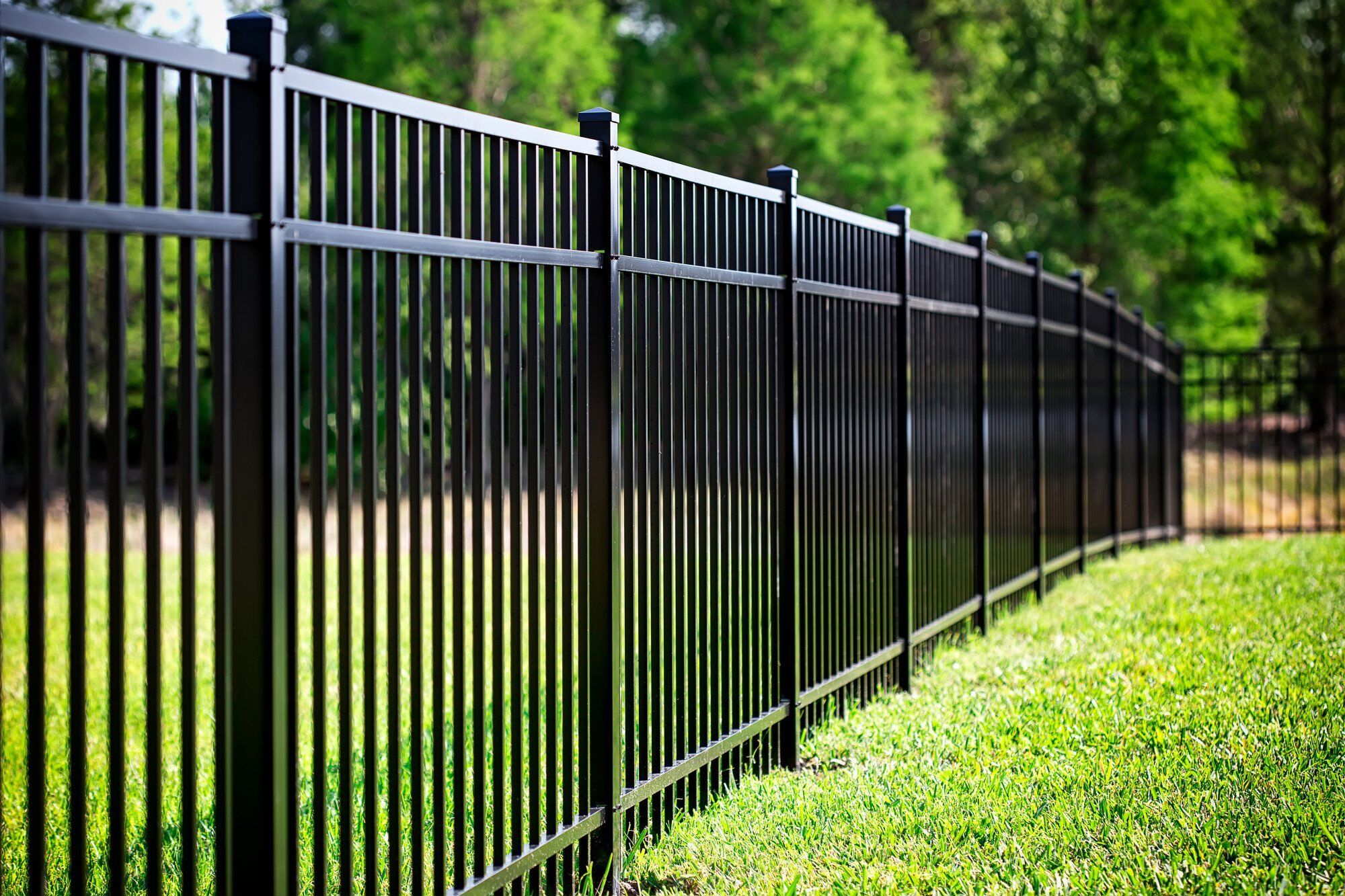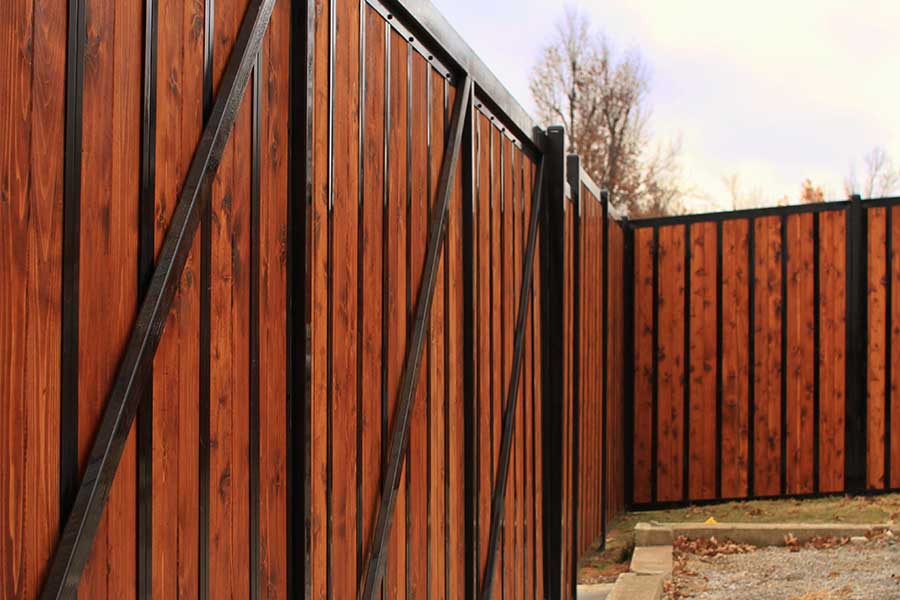Featured

When intending to mount a fence around your property, one of the first actions is understanding the permitting demands in your location. Right here's what you require to recognize concerning obtaining the essential permits for your fencing setup.
Why Do You Required a Permit for a Fencing? A license is often required for fencing installments to ensure compliance with local building ordinance, zoning legislations, and security policies. Permitting aids regional authorities maintain uniformity in community aesthetics, safety, and environmental factors to consider. It also makes certain that the fence does not interfere with energy lines or public spaces, which it abides by elevation and boundary restrictions.

Common Licenses Needed for Fence Installment. Building Permit. Many locations require a structure permit for fence installment, especially if the fence surpasses a certain elevation (usually over 6 feet) or is made from non-standard products. This permit makes sure that your fencing abides with local building ordinance. In some locations, the structure division will evaluate the website to ensure that the fence meets safety and security and structural standards.
Zoning Permit. Zoning authorizations are developed to ensure that your fence adheres to local zoning legislations, consisting of obstacles from building lines, easements, and rights-of-way. Zoning legislations differ from city to city, and in some cases, your fencing might require to be held up a certain number of feet from the pathway or roadway. If your fencing is in a historic district or various other specifically designated locations., a zoning license may likewise be required.

Fencing Authorization. In some locations, a particular "fencing license" might be required. When constructing a fence for property buildings, this is commonly needed. The neighborhood government might define the height, product, and style of the fencing to ensure it blends well with the bordering neighborhood. Some cities limit chain-link fencings in front yards or have particular rules for personal privacy fences.
HOA Authorization. You may require approval before setting up a fencing if your home is component of a property owners association (HOA) HOA guidelines typically consist of specific guidelines concerning the kind, height, shade, and materials for fences to keep the area's looks. HOA guidelines can be stricter than city codes, so always inspect their standards before moving on.
Easement or Energy Licenses. If your fencing will certainly be near or across an easement (such as an utility easement), you may need to acquire consent from the utility business or other entities that manage the land. This is particularly crucial if you intend to dig for fencing articles, as it guarantees you won't harm underground utilities like gas, water, or power lines.
Just How to Figure Out What Permits Are Required. The finest means to figure out which authorizations are essential for your fence installation is to contact your local structure department or metropolitan office. They can offer you with details details concerning demands in your area. Right here are a few actions you can require to figure out:
Inspect the City or Area Site: Lots of city governments offer info about fence installment permits online. Try to find structure or zoning sections on their web site. Call or Check Out Citizen Government Workplaces: If the information is not readily available online, calling or visiting the neighborhood workplace face to face can clarify what's required. Get In Touch With a Professional Contractor: If you're overwhelmed or unsure by the procedure, a local specialist or fence installment business can help in browsing the permitting process, as they know with regional policies. What Happens If You Do Not Obtain a License? In several locations, you can deal with penalties, and your fencing may be ordered to be eliminated. Permitting guarantees that your fencing is certified and helps prevent future problems.
Final thought. Before installing a fence around your residential or commercial property, it's necessary to check whether a permit is called for in your area. Structure authorizations, zoning licenses, HOA authorization, and energy permissions might all contribute in your fencing installation process. Taking the time to research study and acquire the needed permits will certainly not just ensure that you're adhering to regional policies, yet also help safeguard your financial investment and keep the stability of your home.
Latest Posts
Building a Solid Financial Future with WyHy
Published Apr 19, 25
1 min read
A-Abel Roof Gallery: Craftsmanship in Every Information
Published Apr 19, 25
1 min read
Get Your Roof Winter-Ready with A-Abel Roof Covering in Chicago
Published Apr 19, 25
1 min read